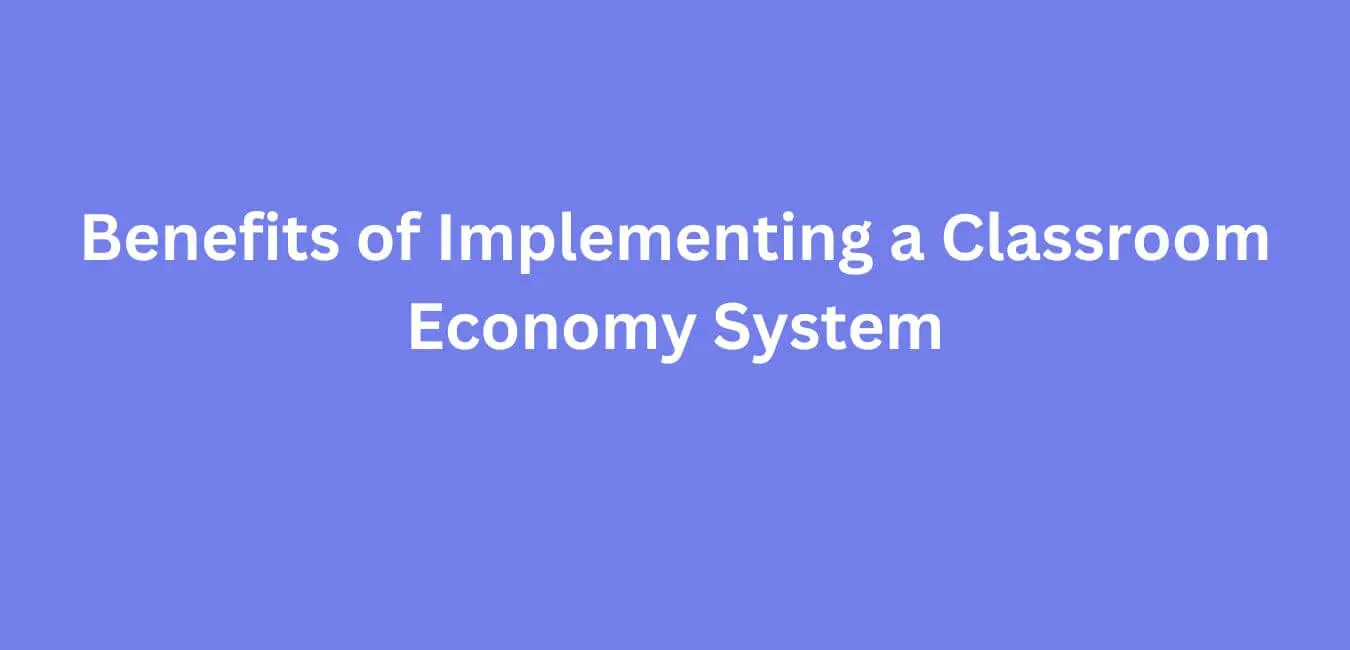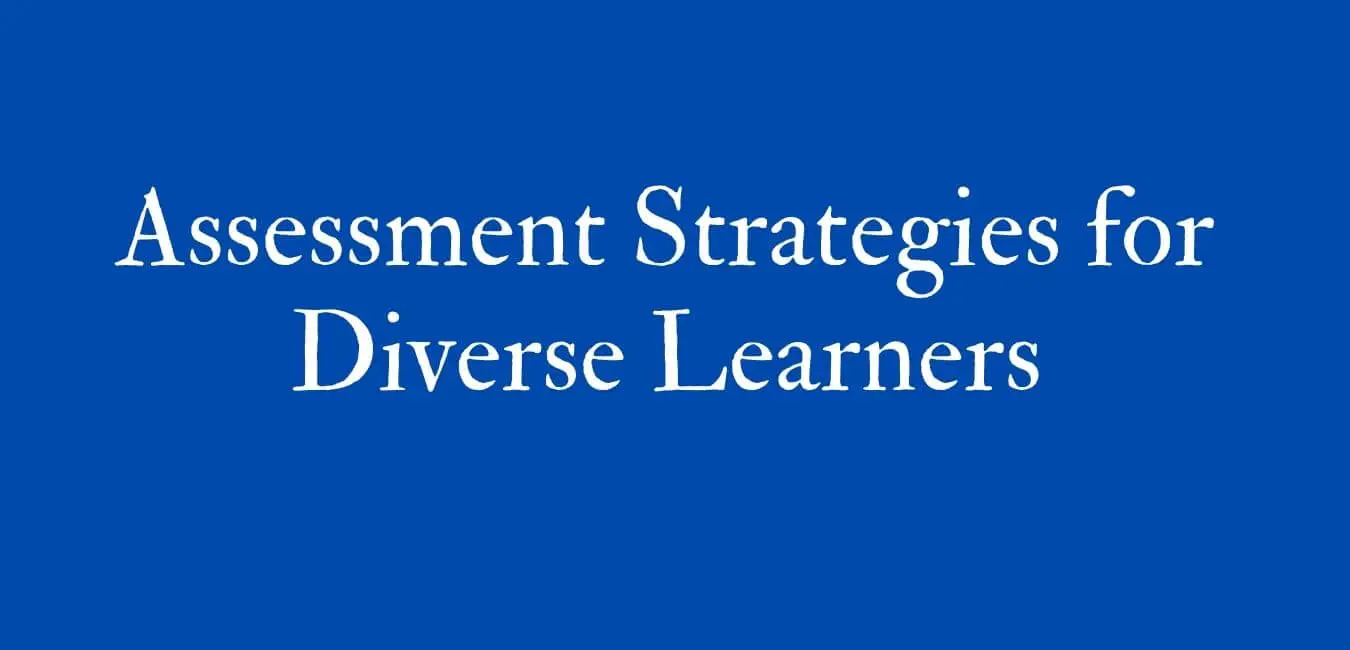Are you looking for a fun and engaging way to teach financial literacy and help your students develop important life skills? Look no further than implementing a classroom economy system.
By creating a mini-economy within your classroom, you can provide your students with real-world experience in managing money, making responsible decisions, and understanding the value of hard work.
In this blog post, we’ll discuss 10 benefits of implementing a classroom economy system in your classroom. From increased student engagement to improved economic knowledge, you won’t want to miss out on the advantages of this educational approach.
Why implementing a classroom economy system is important?
The following are some of the reasons developing and implementing a classroom economy system is beneficial for you and your students:
1. Teaches financial responsibility.
As a teacher, I strongly believe that financial literacy is an essential life skill that every student should learn. Implementing a classroom economy system is an excellent way to teach financial responsibility to young learners.
By introducing them to concepts such as budgeting, saving, and spending, students can gain practical experience in managing money. Through this program, they can also learn the importance of making responsible financial decisions and being accountable for their actions.
As a result, they become more confident and self-aware about their money habits, which will benefit them well into adulthood.
Overall, a classroom economy system is a fantastic opportunity to teach practical life skills that will serve students well in both their personal and professional lives.
2. Provides real-world experience in managing money.
As a teacher who has implemented a classroom economy system, I have seen firsthand the benefits of providing real-world experience in managing money for my students.
By giving them the opportunity to earn an income and use it to pay bills such as “rent” for their desks, they learn the importance of budgeting and financial responsibility in a hands-on way.
This experience also helps them understand how money circulates in the economy and the role they can play in it.
Plus, it’s a great way to incorporate math skills and reinforce literacy through assignments such as creating a business plan or writing a letter to a landlord.
Overall, providing real-world experience in managing money through a classroom economy system is a valuable way to teach practical life skills and prepare students for their financial futures.
3. Helps students learn practical life skills.
One of the most important benefits of implementing a classroom economy system is that it helps students learn practical life skills.
In our society, understanding how to handle money and manage finances is a crucial part of being a responsible adult.
By participating in a classroom economy, students gain real-world experience in managing money, setting goals, and planning for the future. These skills are transferable to their personal lives outside of the classroom and can prepare them for financial success in the future.
Not only that, but a classroom economy also offers opportunities for leadership and teamwork, which are important skills for any future career.
Overall, the practical life skills that students gain from participating in a classroom economy are invaluable and can have a lasting impact on their lives.
4. Encourages goal-setting and planning.
One of my favorite benefits of using a classroom economy system is that it encourages goal-setting and planning among my students.
By providing a platform for students to earn and save money, they are able to set goals for themselves and work towards achieving them.
For example, a student may want to save up their classroom currency to buy a special reward or item. This requires them to plan ahead, save their money, and resist the temptation to spend it on smaller items along the way.
By achieving their financial goals, students gain a sense of accomplishment and learn the value of setting goals and working towards them.
As a teacher, I am thrilled to see my students taking ownership of their own finances and developing essential life skills in the process.
5. Reinforces math and reading skills.
One of the significant benefits of implementing a classroom economy system is that it reinforces math and reading skills.
As a teacher, I can use this fun and interactive approach to motivate students to improve their math computation, estimation, and problem-solving abilities.
In addition, it enhances their reading comprehension and fluency as they read and interpret written economic texts like advertisements, product descriptions, and financial contracts.
The hands-on experiences of earning, saving, and spending money also help students develop important mathematical concepts, including currency values, decimals, fractions, percentages, and budgeting strategies.
Overall, by reinforcing math and reading skills, the classroom economy program provides a valuable opportunity for students to learn practical, real-world skills that are crucial for their future success.
6. Offers opportunities for leadership and teamwork.
As a teacher who has implemented a classroom economy system, one of the biggest benefits I have seen is the opportunities for leadership and teamwork it offers.
By dividing students into groups and assigning them specific roles within the economy, they learn how to work together to achieve common goals.
This not only teaches valuable teamwork skills but also allows for leadership opportunities as students take charge of their assigned roles and work to ensure their team’s success.
I have seen students who were typically shy or hesitant to speak up in class take on leadership roles within their team, building their confidence and developing their communication skills.
It’s truly inspiring to see how the classroom economy system can bring out the best in students and foster a sense of community within the classroom.
Overall, I highly recommend implementing this system in your classroom to offer your students these valuable opportunities for teamwork and leadership development.
7. Enhances classroom management.
As a teacher, I’ve found that implementing a classroom economy system can have a significant impact on classroom management.
By introducing a system where students earn rewards for positive behavior, such as completing assignments on time or showing kindness to others, I’ve been able to reinforce good habits and encourage responsible behavior.
The system also encourages teamwork and leadership skills, as students work together to earn rewards and manage their finances.
With a classroom economy in place, students become more invested in their learning and take more ownership of their behavior, ultimately leading to a more positive and productive classroom environment.
8. Promotes responsibility and accountability.
One great benefit of implementing a classroom economy system in my classroom is that it promotes responsibility and accountability among my students.
By giving them a chance to earn and manage their own money, they also learn to be responsible for their actions and decisions.
They not only become responsible for their own financial transactions, but also for their behavior and academic progress in the classroom.
This has helped me manage my class better and has also brought about a positive change in my students’ attitudes and behaviors.
Seeing the direct impact of their actions on their financial status has made them more accountable for their behavior and academic performance.
As a teacher, I am proud to have created an environment where my students can learn practical life skills while also becoming more responsible and accountable individuals.
9. Builds self-confidence and self-esteem.
As a classroom teacher, I understand the importance of building self-confidence and self-esteem in students. That’s why implementing a classroom economy system can be so beneficial.
By allowing students to take on specific job responsibilities, earn and manage money, and be rewarded for their hard work, they start to see the value in their contributions and feel a sense of accomplishment.
This creates a positive self-image and a belief in their ability to succeed. Additionally, by encouraging positive behaviors and highlighting successes, students are given the opportunity to celebrate their achievements and feel good about themselves.
This type of environment fosters a sense of community and cooperation, where everyone feels valued and supported.
By implementing a classroom economy system, we can help our students develop the confidence and self-esteem they need to succeed both in the classroom and in their future endeavors.
10. Fosters a sense of community and cooperation.
I can personally attest to the positive effects of fostering a sense of community and cooperation in the classroom through a classroom economy system.
It’s amazing to see how implementing this system creates a strong sense of unity among students, as they work together to achieve common goals and earn rewards.
By giving students responsibilities and opportunities for leadership, they become more invested in the classroom and each other.
In addition, encouraging teamwork and collaboration has been shown to increase student achievement, as they learn to support and learn from one another.
Overall, fostering a sense of community and cooperation in the classroom has been a game-changer for me as a teacher, and I would highly recommend it to any educator.
Conclusion
In conclusion, implementing a classroom economy system can have numerous benefits for both teachers and students. From teaching financial responsibility to promoting teamwork and problem-solving skills, this system can greatly improve the classroom experience. Have you tried implementing a classroom economy system in your classroom? We’d love to hear about your experiences and any additional benefits you’ve noticed. Let us know in the comments below.












